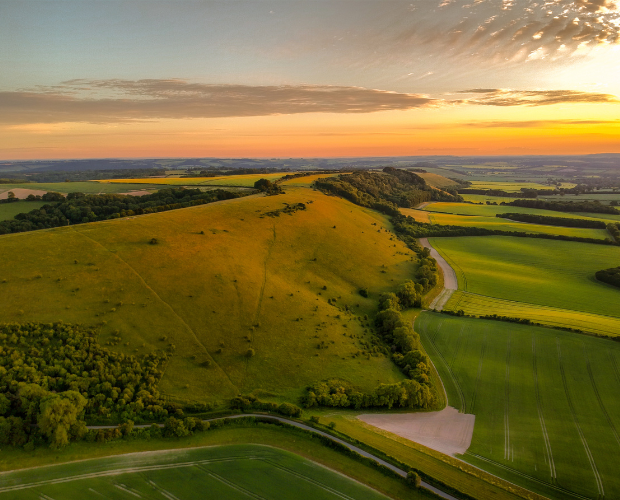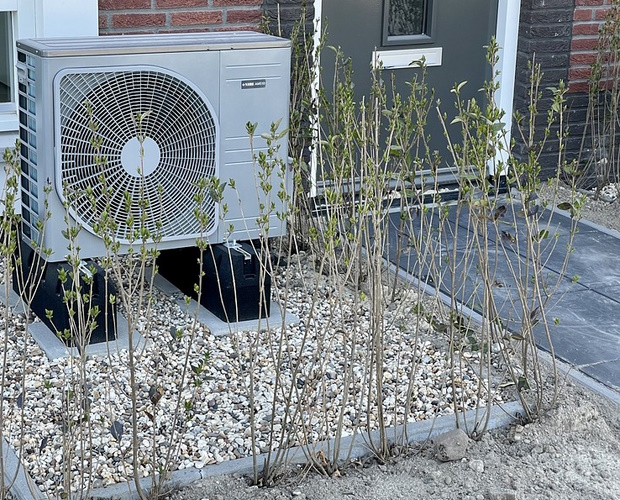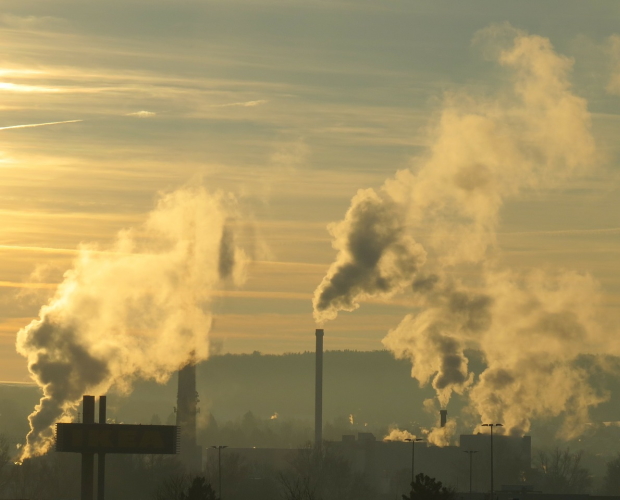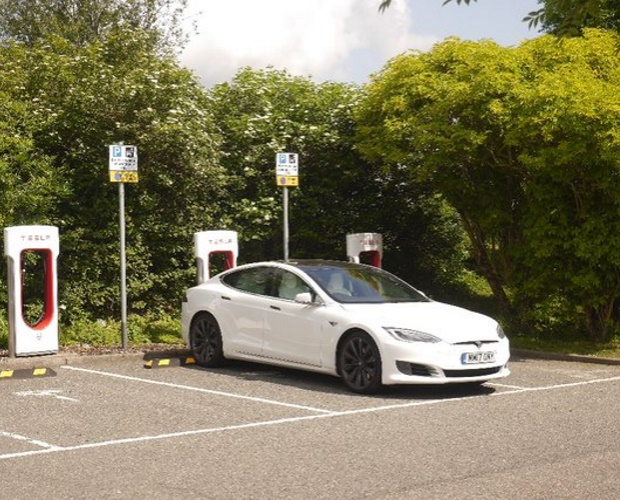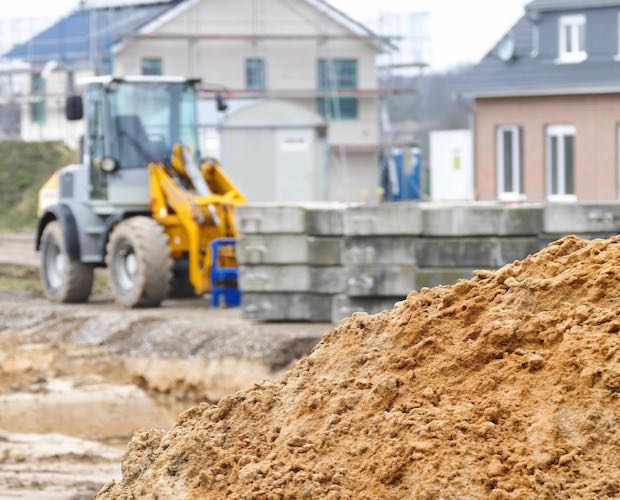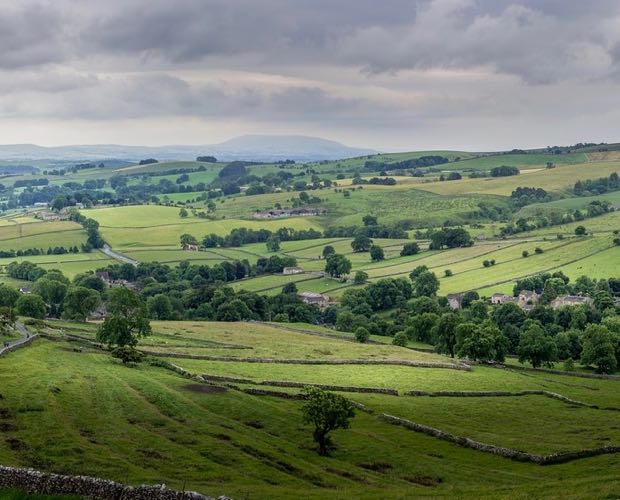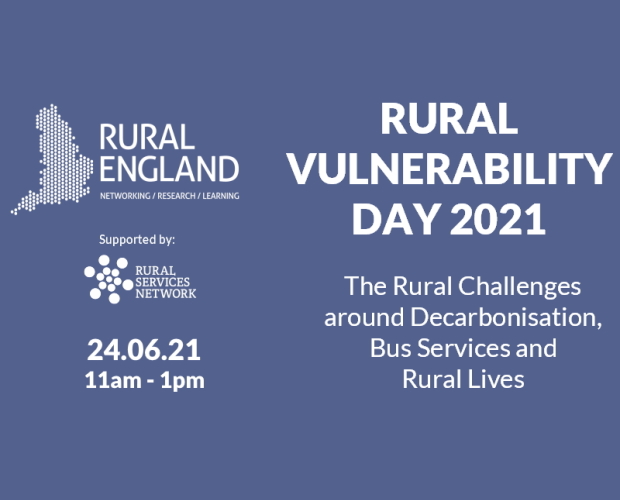T: 01822 851370 E: [email protected]
RSN Voices Serious Concerns Over ‘Fairness’ Of Settlement
Read here...
The Government has initiated a public consultation to refine its approach to land use in England, aiming to balance the nation's food security with economic expansion and environmental restoration. This effort introduces a new framework supported by the latest land...
The Telegraph reports that more than two-thirds of people living in off-grid rural homes fear they would not be able to afford a heat pump if required to install one, according to a new survey commissioned by Liquid Gas UK,...
The Greenhouse Gas Accounting Tool has been developed by Local Partnerships, working with the LGA, to provide a straightforward and consistent approach for councils seeking to calculate their own carbon baseline While currently local authority reporting on emissions is voluntary,...
MPs on the Transport Committee have delivered a report containing a set of recommendations for the Government to boost the uptake of electric vehicles ahead of the net zero deadline, according to Transport and Energy This follows ongoing questions on...
At an international climate change summit that happened on 13th July, local and regional leaders proposed a series of measures to help cut emissions These signatories want new powers to decarbonise transport. The climate change committee recently found that local...
On Thursday 15th July, Bob Seely MP has called a Westminster Hall Debate on the future of the planning system and the upcoming Planning Bill The Rural Services Network has put together a briefing note for MP’s ahead of the...
North Yorkshire’s Rural Commission, the first of its kind nationally, has set far-reaching recommendations in a report published last week by North Yorkshire Council The report calls for the levelling up of rural communities to transform the region into one...
The Rural Services Network has submitted an official response to the Department for Environment, Food and Rural Affairs (DEFRA) on the Consistency of Household and Business Recycling Consultation. RSN’s response incorporates comments from an array of its members with...
Last week, supporters and stakeholders of Rural England came together for this year’s Rural Vulnerability Day. Usually taking place in Portcullis House, this year the event took place online, with over 60 attendees including Members of Parliament and Members of...
An article in Energy Saving Trust explores methods of reaching net zero carbon emissions by 2050, including by replacing fossil fuel boilers with electric heating systems, like a heat pump, which run entirely on electricity The report outlines how air...
NEWSLETTER
Sign up to receive all our latest news and updates.
HOT TOPICS
Amid reduced public spending, fair resource allocation across regions is crucial. Despite a population larger than Greater London, rural areas receive significantly less funding for essential services, even though delivering these services in rural areas is more expensive.
Economic growth is widely acknowledged as essential for national wealth and prosperity and is a priority for political parties. Rural economies, employing millions and home to a higher proportion of small businesses, have potential for growth if barriers are removed.
Rural residents face distinct healthcare challenges, including limited access to transport, longer distances to medical facilities, an aging demographic, housing inadequacies, digital connectivity gaps, and difficulties recruiting health and care workers.
Rural communities are grappling with a severe affordable housing crisis, marked by high house prices, a lack of affordable housing, elevated living costs, and lower incomes, threatening their sustainability and vitality.
Transport is vital for the quality of life and economic health of rural areas, yet it faces challenges such as infrequent public bus services and less Government funding compared to urban regions.
Rural areas, encompassing a substantial portion of England's population and land, play a pivotal role in combating climate change and achieving the net zero target.
In an increasingly digital world, the lack of robust digital infrastructure in rural areas severely limits access to crucial services and stifles economic growth.
A future-focused vision for rural communities involves not just building the right homes in the right places but also ensuring thriving, sustainable communities.
SIGN UP TO OUR NEWSLETTER
Sign up to our newsletter to receive all the latest news and updates.

